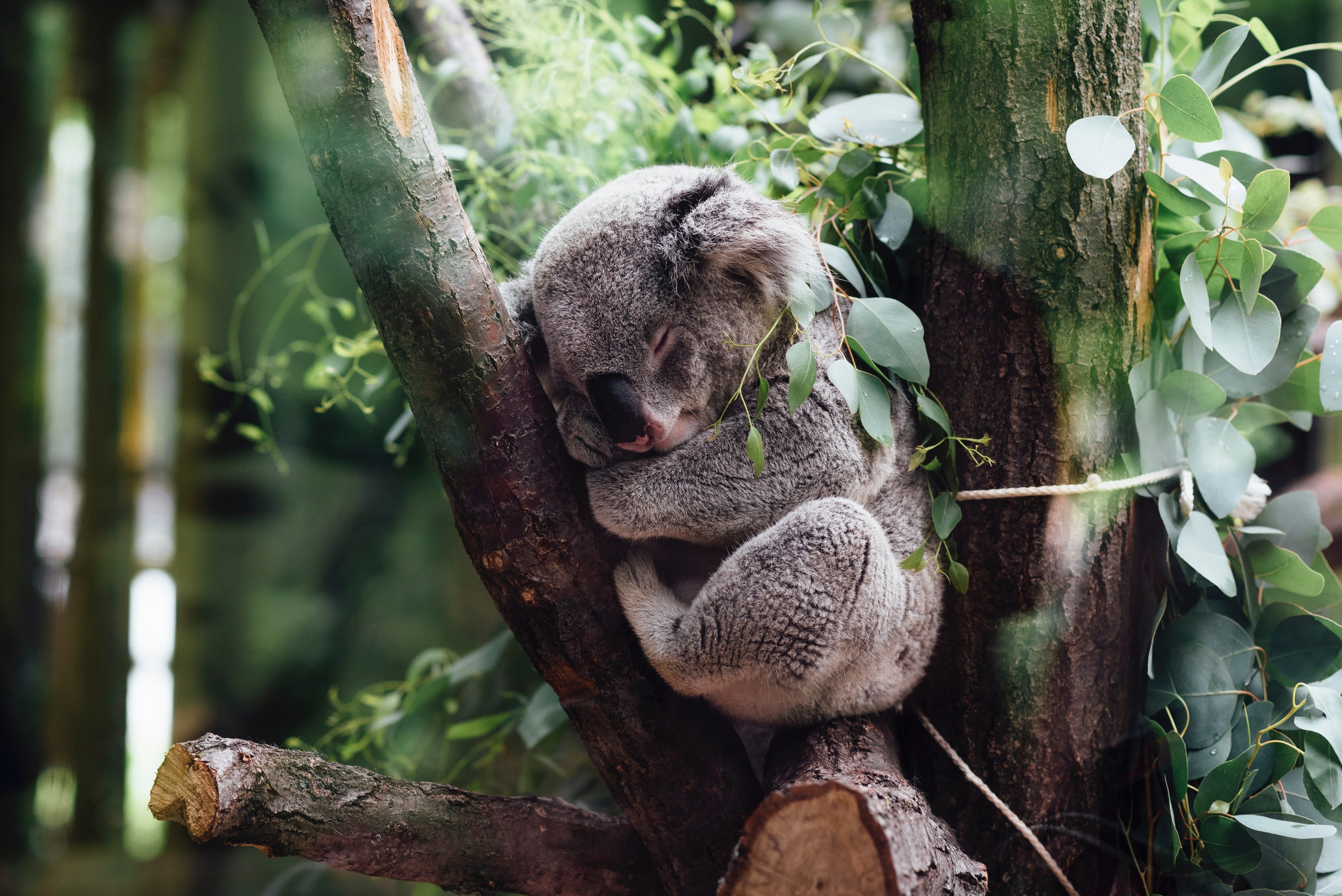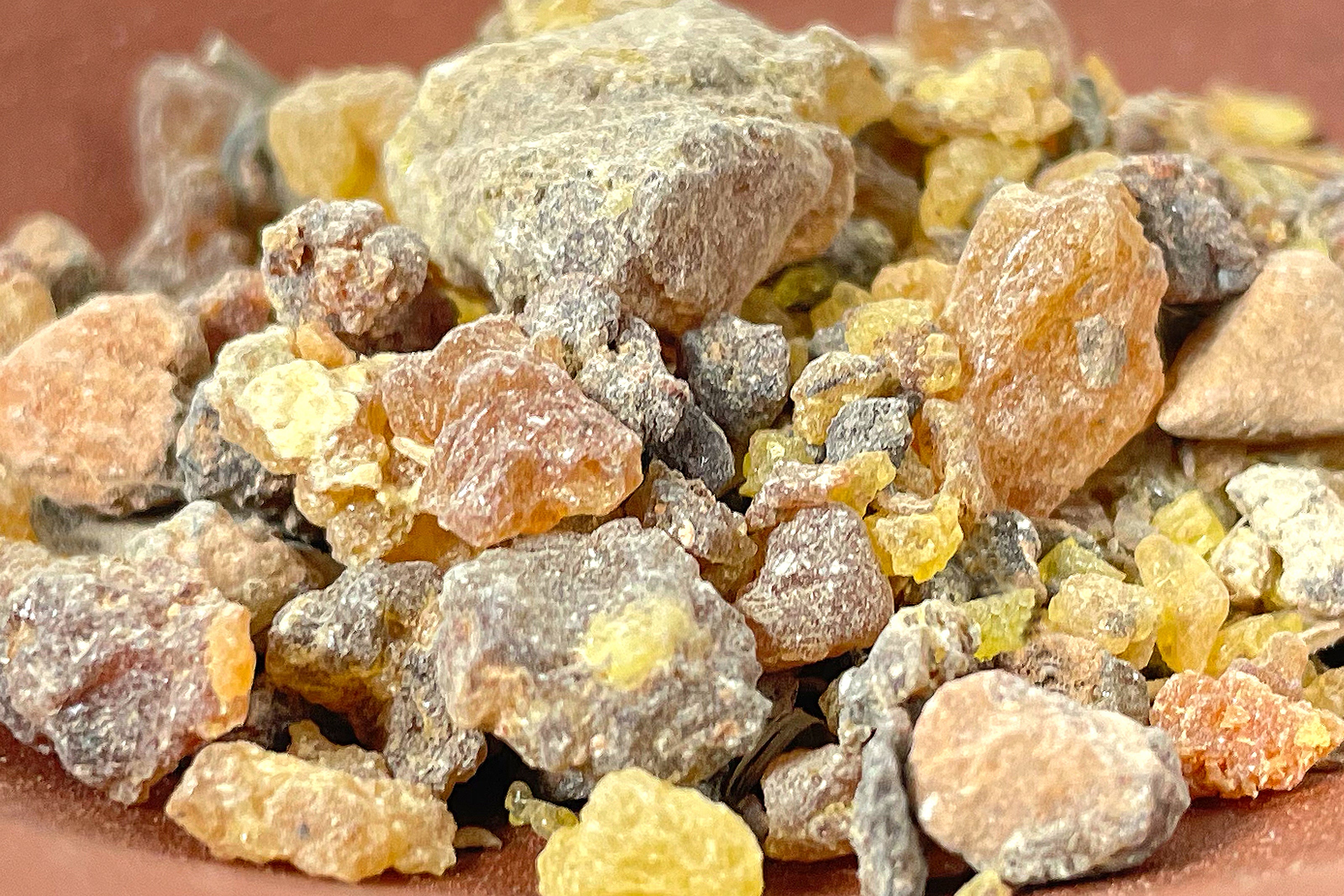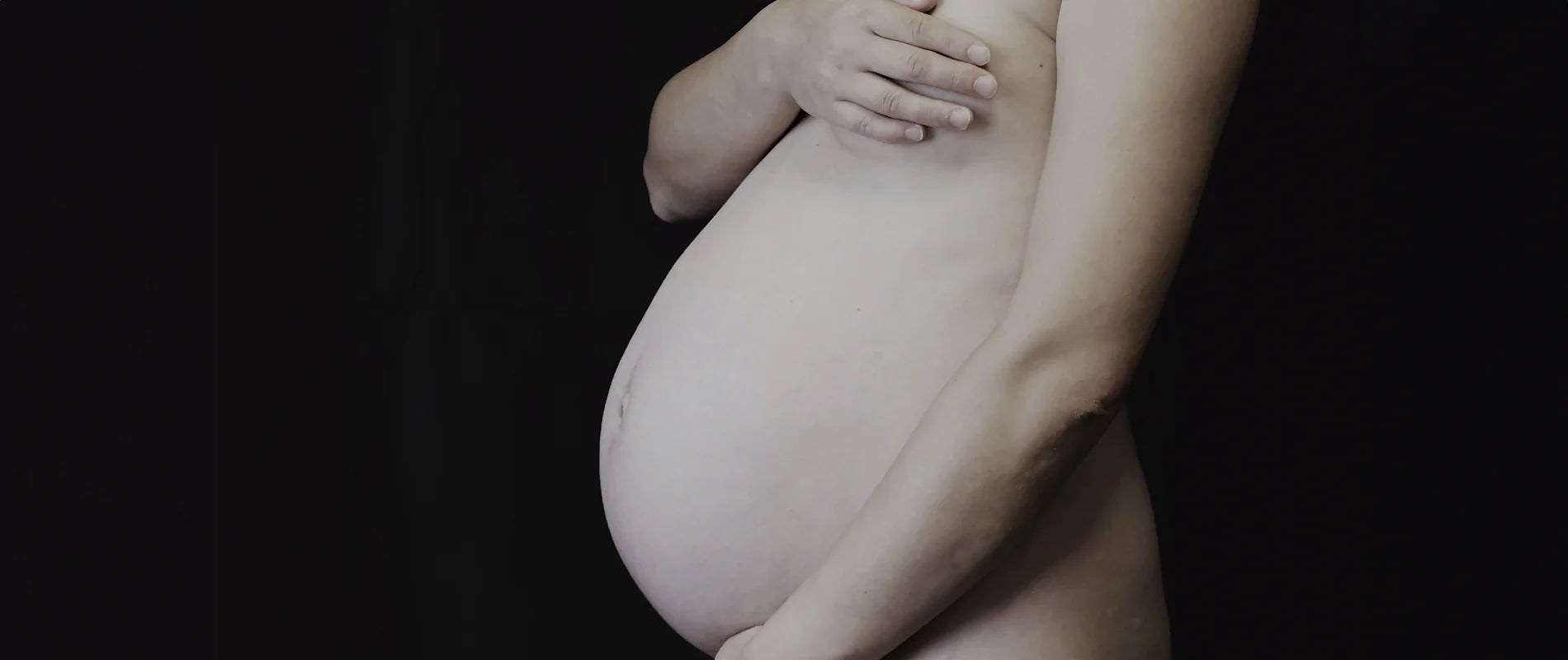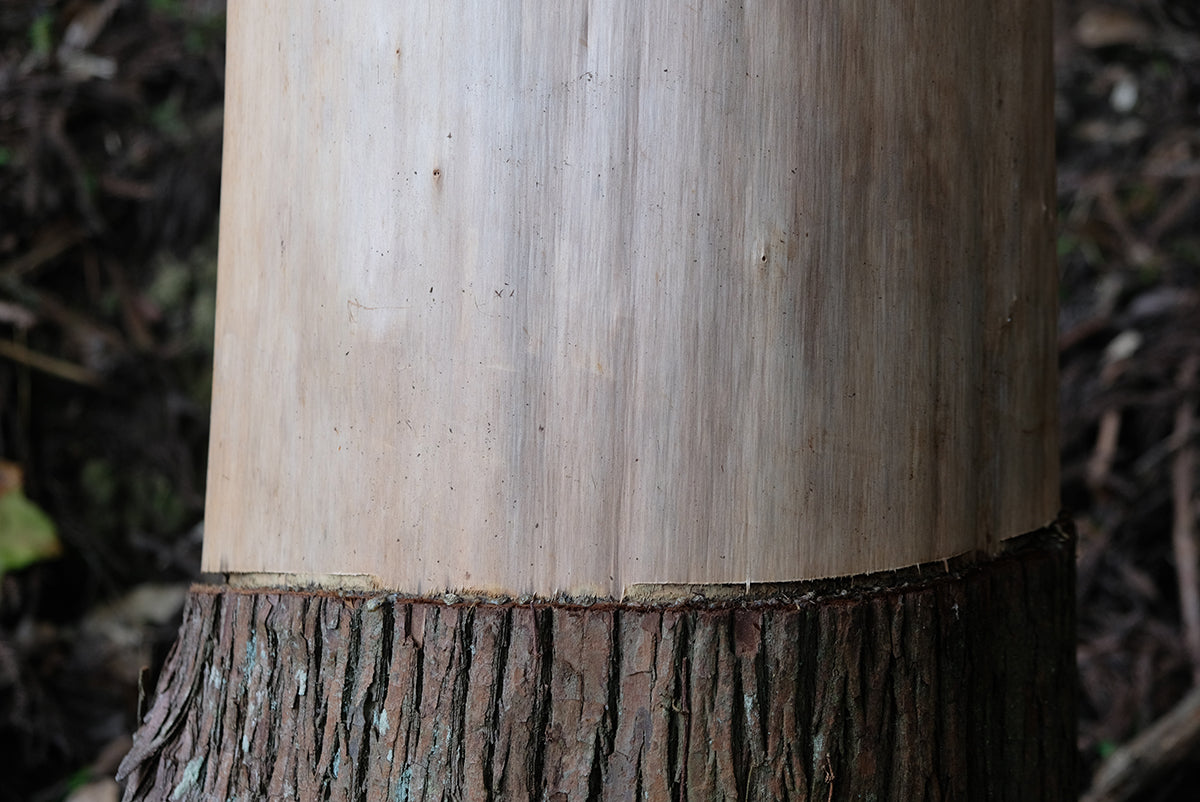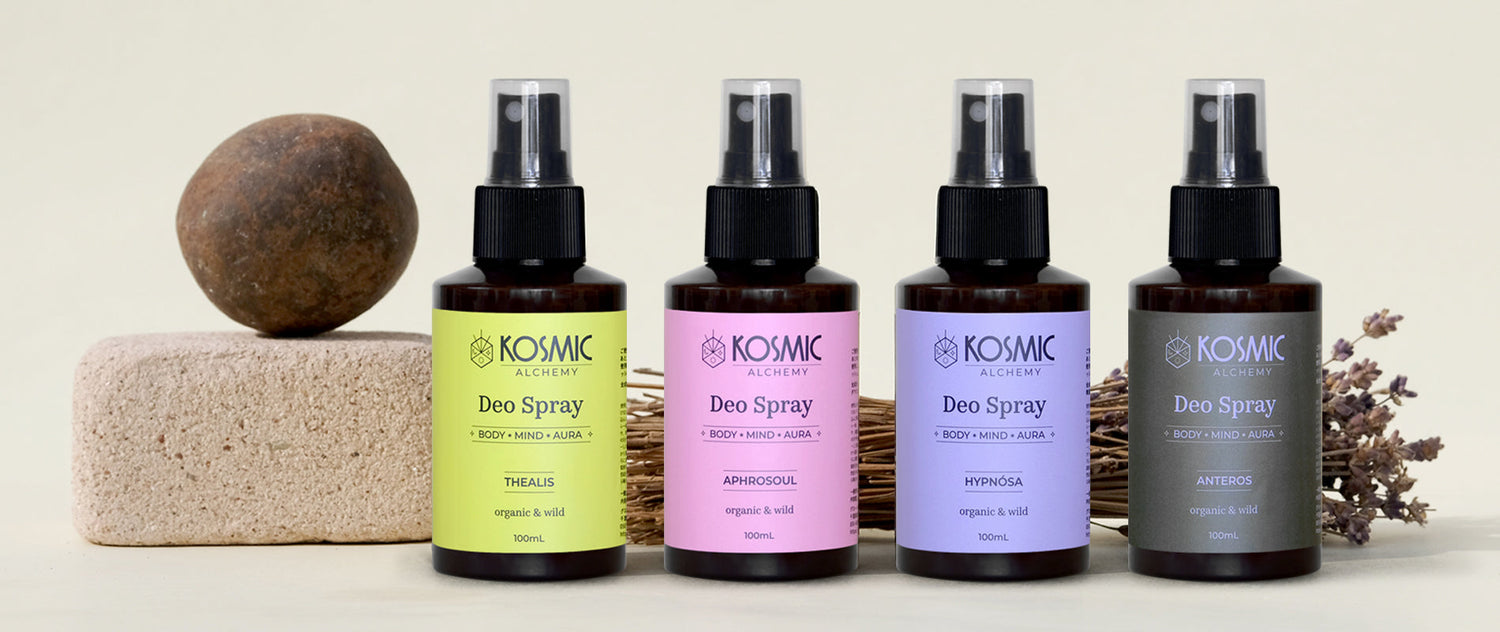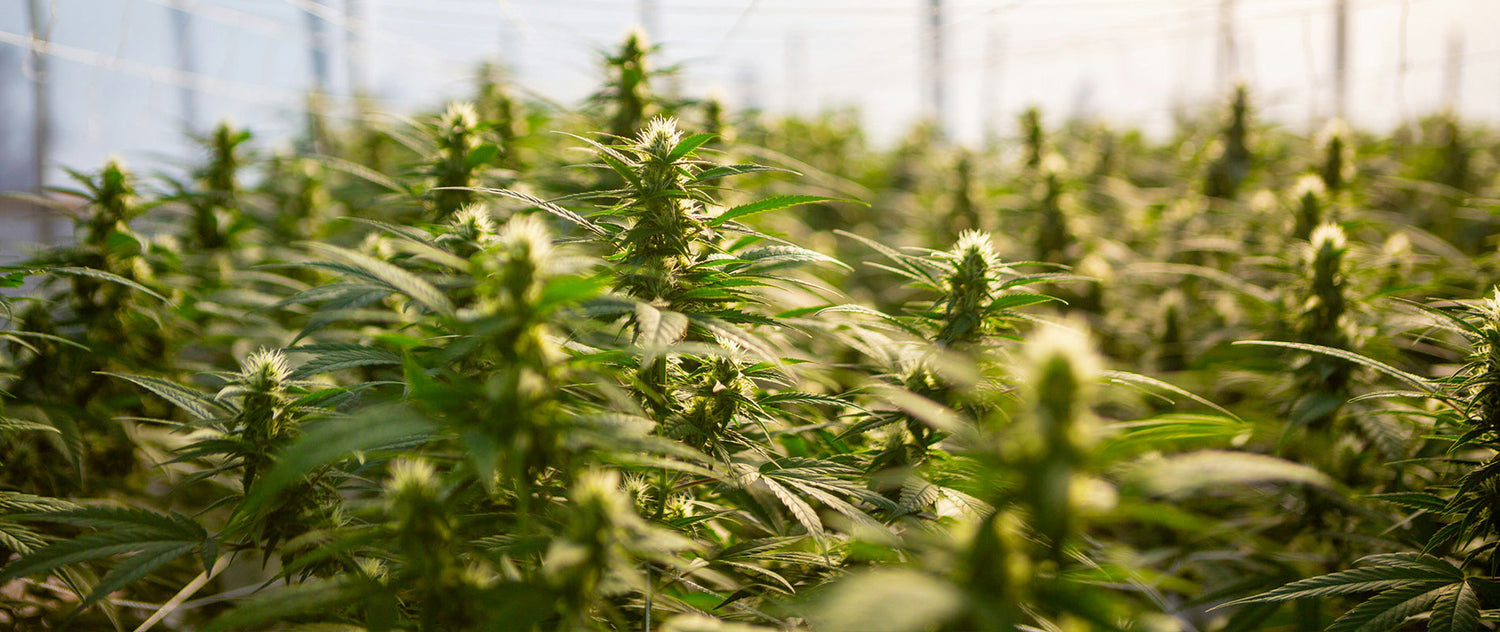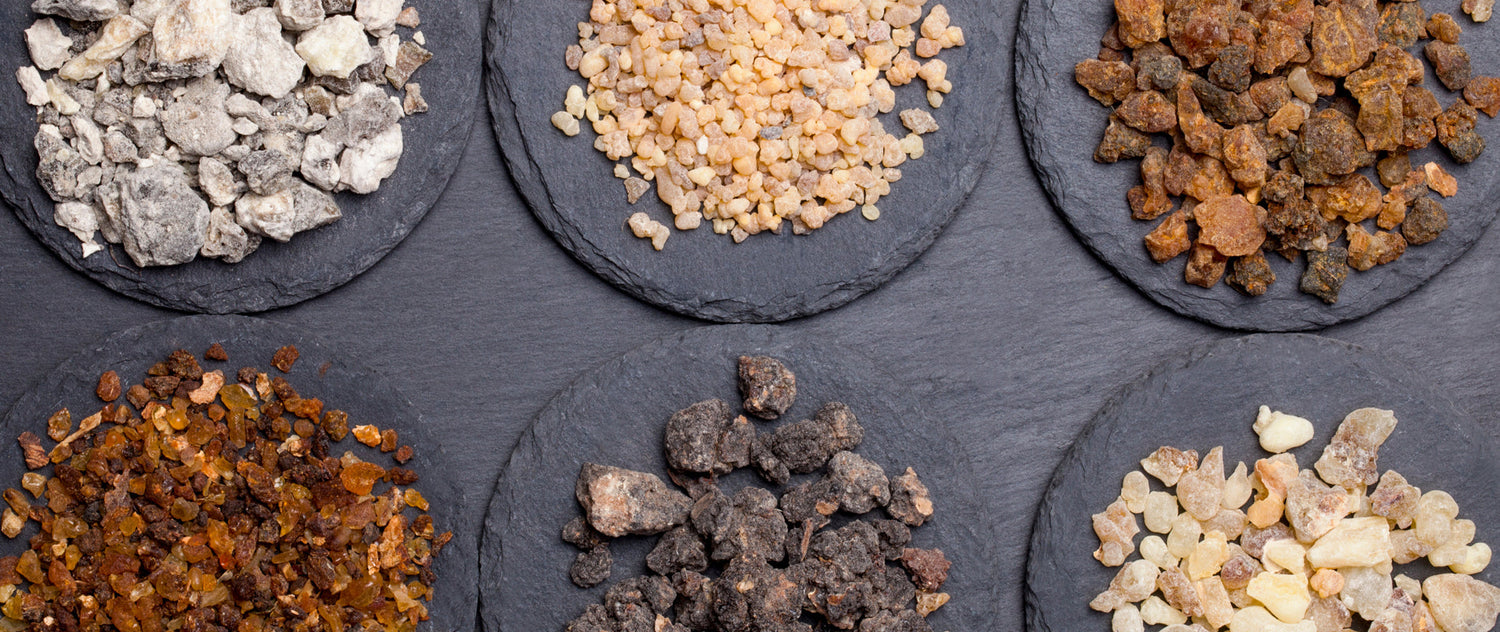
Sleep and Wellness
Japan, a light sleeper
Are you sleeping well every day?
The koala in the photo looks like he is sleeping comfortably.
Koalas sleep an incredible 22 hours a day. I'm not sure if I'm envious or not...
In fact, Japan is said to be the country with the shortest sleep time in the world.
It is said that quality of sleep is more important than quantity, but an increasing number of people are feeling that their sleep quality has declined due to lifestyle changes caused by COVID-19, such as spending more time at home and working remotely.
<Degree of sleep time/Ministry of Health, Labor and Welfare, 2020 Health Status Survey>
I had trouble waking up during the night... 46.5%
Feeling sleepy during the day...39.4%
I was not satisfied with the overall quality of my sleep... 31.9%
It took a long time to fall asleep...28.7%
Did any of this apply to you?
Difficulty falling asleep and frequent waking up from a light sleep are symptoms of a sleep disorder.
Don't take it lightly and think it's just a normal thing, but try to improve your symptoms.
Symptoms of insomnia
Difficulty falling asleep: It takes a long time to fall asleep
Awakening during the night: Unable to maintain sleep
Early morning awakening: Waking up earlier than intended
Lack of a sense of deep sleep: Not feeling satisfied that you have had enough sleep
The real danger of lack of sleep
Sleep helps repair cellular damage and produces hormones. It recharges the body's batteries, but lack of sleep can lead to excessive production of stress hormones like cortisol, which damages skin and connective tissue and accelerates aging. This is why lack of sleep can leave you looking tired.
Whether or not you are sleep deprived can be measured by whether or not you feel sleepy enough to interfere with your daytime work or activities.
People who experience excessive daytime sleepiness should be aware that lack of sleep reduces their attention span and work efficiency, and increases the risk of making careless mistakes or causing accidents.
Some of the negative effects of lack of sleep include:
● Decreased cognitive, memory and performance abilities
Increased stress
Onset of depression
● Onset of high blood pressure, high cholesterol, heart disease, stroke, etc.
Weight gain, obesity
● Weakened immune system
Increased insulin resistance and onset of type 2 diabetes
It's worth noting that lack of sleep is linked to insulin resistance.
Shocking research results have been reported showing that it increases the risk of developing serious diseases such as diabetes, heart disease, and stroke. In addition, stress can lead to depression and other negative chain reactions. Symptoms of insomnia, such as not being able to fall asleep, not being able to sleep soundly, not being able to sleep even though you are tired, and waking up in the middle of the night or early in the morning, can also be considered symptoms of mental illness.
Furthermore, if you continue to experience a lack of physical and mental recovery even after sleeping, if you feel heavy, if you have lost interest in things, or if you are unable to enjoy the things you used to like, then you may be suffering from depression.
There is also data that shows that 90% of people with depression also have insomnia, and that people with insomnia are more likely to suffer from depression.
What is good quality sleep?
Knowing how much sleep affects your mind and body, you may be concerned about the quality of your sleep.
The following three items measure sleep quality:
If all of these are true, you can be sure you are getting quality sleep.
1) Time to fall asleep: Falling asleep within 30 minutes of going to bed
2) Sleep-wake: The number of times you wake up between going to sleep and waking up is less than one, and the time you wake up is less than 20 minutes
3) Sleep efficiency: 85% or higher
[How to calculate sleep efficiency (calculated in minutes)]
Sleep time (time asleep) ÷ Bedtime (time in bed) x 100
Example: You go to bed at 11pm and wake up at 7am. It takes you 30 minutes to fall asleep and you don't wake up once during the night.
450 ÷ 480 × 100 = 93.75 Sleep efficiency 93 %
When it comes to sleep, the important thing is not the amount or time
Efficiency
● Maintain (don't wake up in the middle of the night)
Satisfaction level
When these three points are fully met, you are able to maximize your cognitive and physical abilities without feeling sleepy during the day. This is also a criterion for determining whether you are getting high-quality sleep.
Quality sleep helps you to:
● Recover from physical and mental fatigue
● Improves immunity
● Beautiful skin (promotes growth hormone)
● Diet (prevention of obesity)
● Memory consolidation
Not only does it heal the body and mind and relieve fatigue, but it also improves various functions. Everyone needs to sleep every day. Good sleep = prevention of lifestyle-related diseases and mental illnesses, so please reconsider the quality of your sleep.
Improving QOS is the key to QOL
The key to improving your quality of sleep ( QOS) is to relax your mind and body. It is known that going to bed in a relaxed state helps you fall asleep more easily and sleep better. Here we will introduce some relaxation techniques to help you fall into a deep sleep.
🌙 Turn off blue light
Blue light interferes with the release of melatonin and disrupts sleep. We are forced to live surrounded by blue light from smartphones, tablets, electrical appliances, ceiling lights, and street lights, but you should try to avoid blue light as much as possible before going to sleep. Ideally, you should make it a habit to turn off your devices three hours before going to bed.
🌙 Reading
When it comes to reading to sleep, books are better than tablets because they avoid blue light, and the pace at which you read becomes metronomic and helps induce sleepiness.
🌙 Soak in the bathtub
The bathroom is a special place where you can be alone. Relax after a long day by meditating in the bathtub or getting a massage. Your mind will calm and your body temperature will rise, helping you prepare for sleep.
🌙 Take CBD
CBD is effective for relaxing and caring for the mind and body, and is also effective for aiding sleep.
CBD has the effect of activating serotonin, which is converted into melatonin, a substance that promotes sleep, at night.
It also promotes anandamide, also known as the "happiness molecule," and suppresses the stress hormone cortisol.
It balances the sympathetic and parasympathetic nervous systems and calms the nerves, helping you fall into a natural state of sleep.
It also helps suppress frequent urination and relieves pain and inflammation, making it effective for people who have to go to the bathroom multiple times during the night or whose sleep is disturbed by pain or itching.
How to take CBD
It works best when taken sublingually about an hour before bedtime.
It is also recommended to add a few drops to decaffeinated tea.
🌙 Use essential oils
Essential oils, which are aromatic components extracted from plants, are organic compounds made up of natural chemical substances.
These aromatic components are transmitted from the nasal cavity to the brain, and from the brain to the autonomic nervous system, acting on the autonomic nervous system and hormones, resulting in a variety of effects.
The relaxing and sedative effects are one of them. The aromatic ingredients balance the autonomic nervous system and activate the parasympathetic nervous system, which calms the mind.
<Essential oils that have a relaxing and calming effect>
Lavender, bergamot, geranium, neroli, sandalwood, sweet orange, mandarin, rose geranium, sweet marjoram
How to use essential oils
Bath oil: Add a few drops to the bathtub before bathing.
Diffuser: Spreads scent throughout the room
Massage oil: Mix a few drops in a carrier oil and massage onto hands, feet, shoulders, and other parts of the body.
Fabric mist: Mix 10ml of anhydrous ethanol with 0.5ml of essential oil, add 40ml of mineral water and stir. Spray the liquid on your bedding or pajamas.
Improving your QOS will inevitably improve your QOL ( Quality of Life ). For your own sake, try to improve the quality of your sleep while having fun.
Click here for a page that collects sleep-related items.
Sleep support items
Reference: https://www.mhlw.go.jp/wp/hakusyo/kousei/14/backdata/1-2-3-22.html
Reference: https://www.mhlw.go.jp/content/11131500/000634088.pdf
Reference: https://aasm.org/lack-of-sleep-leads-to-insulin-resistance-in-teens/


